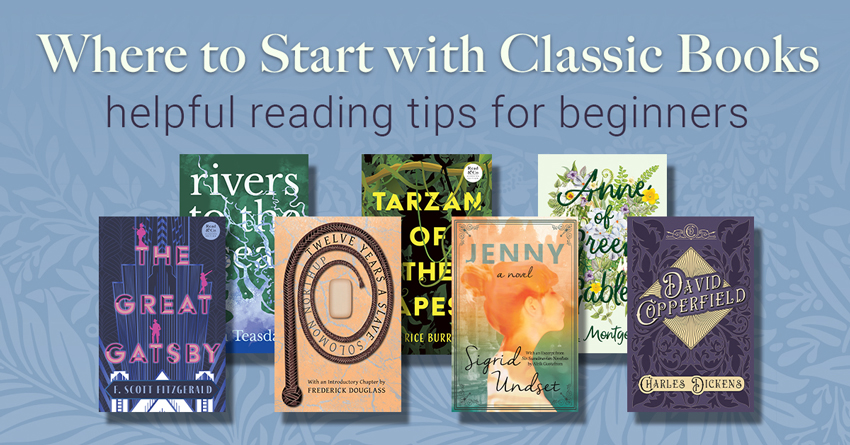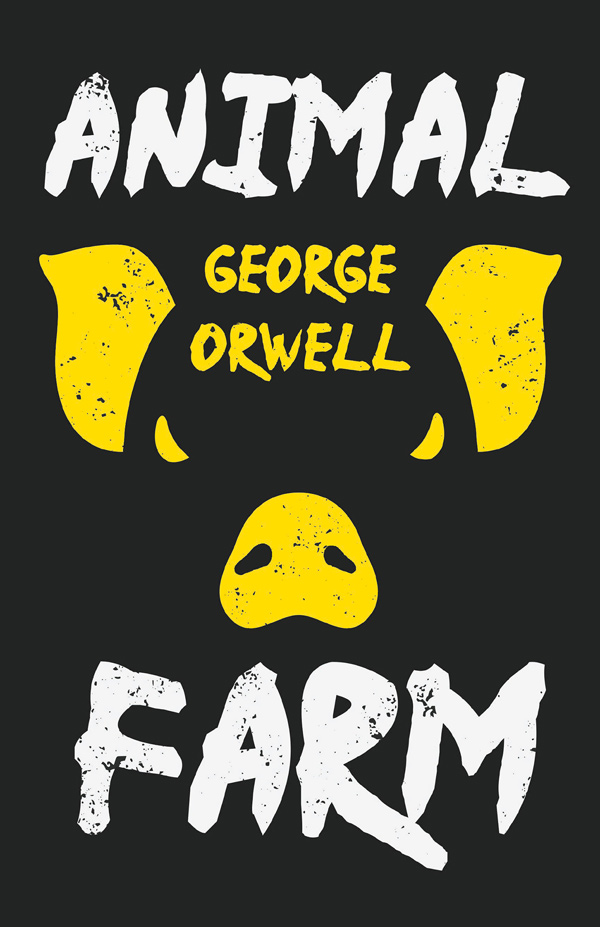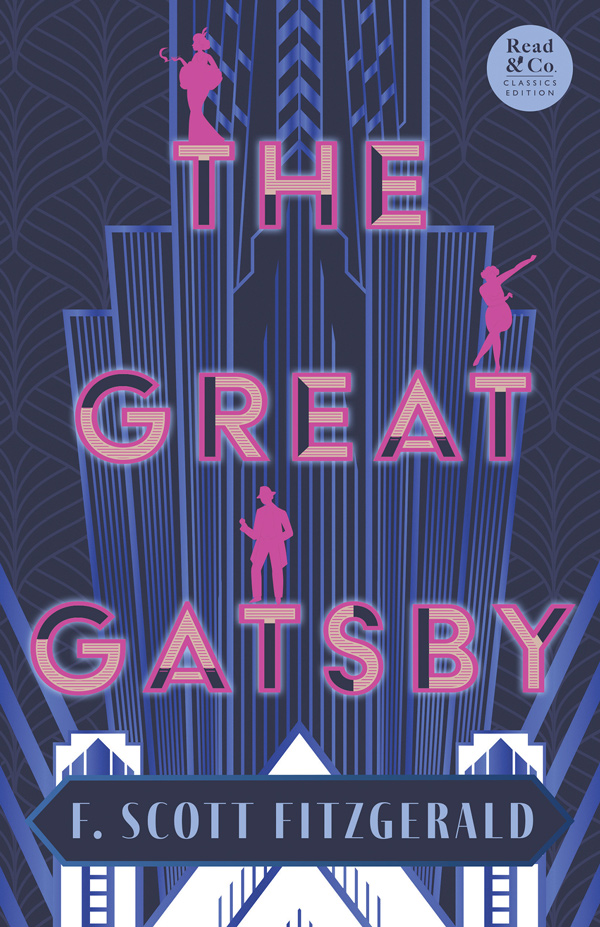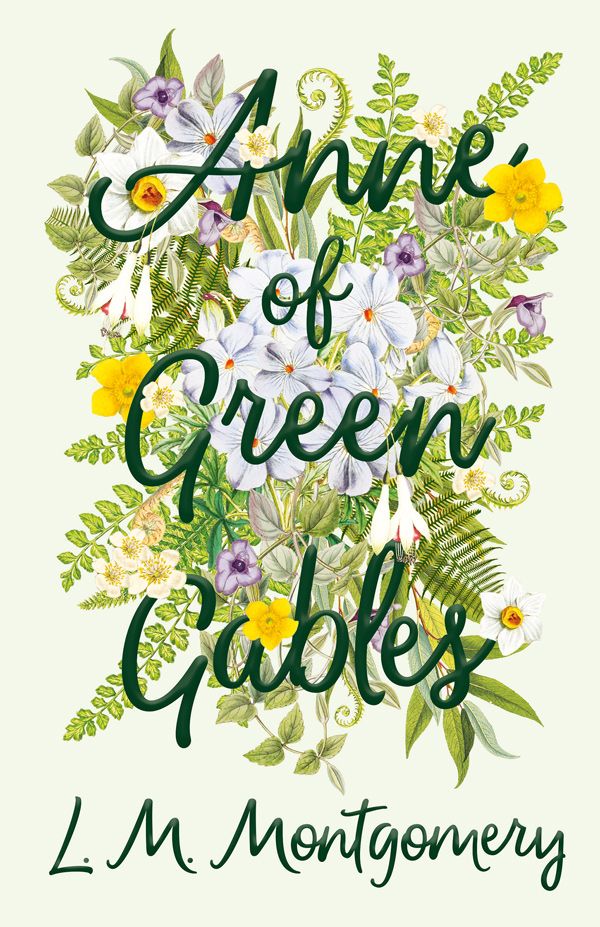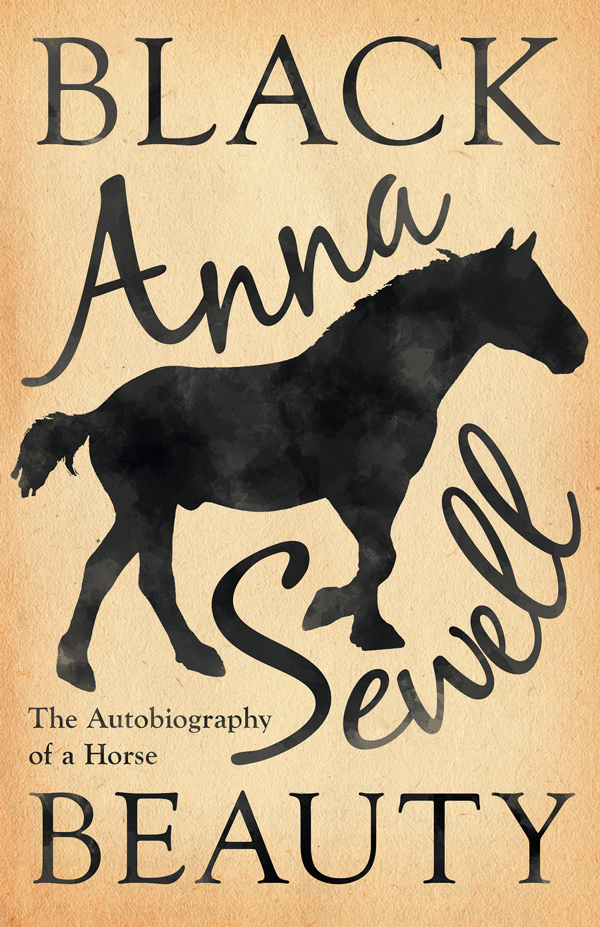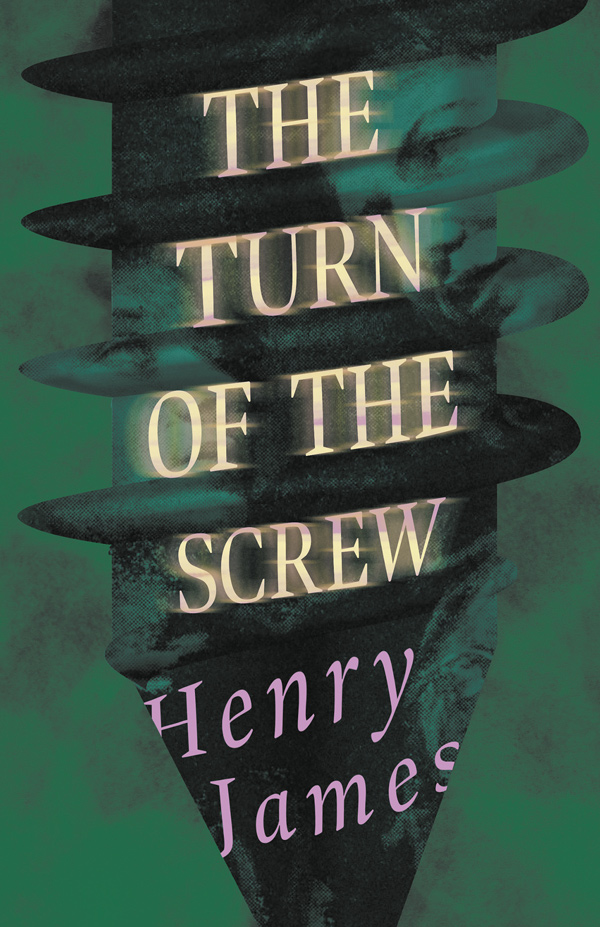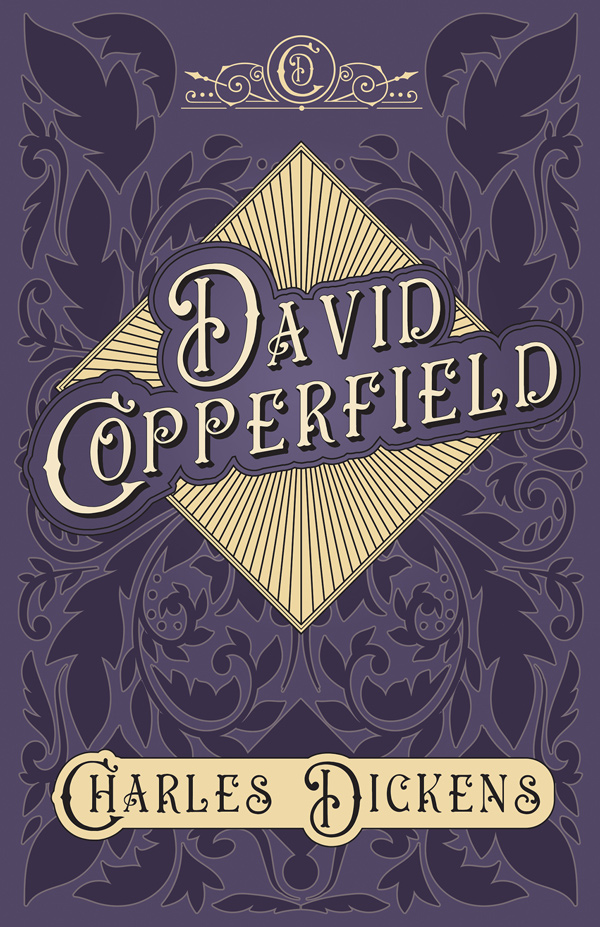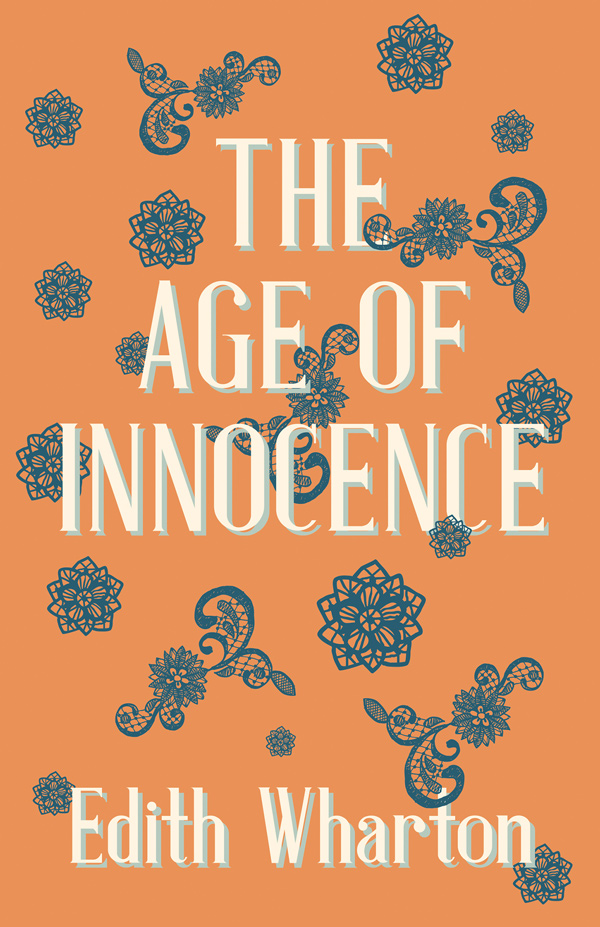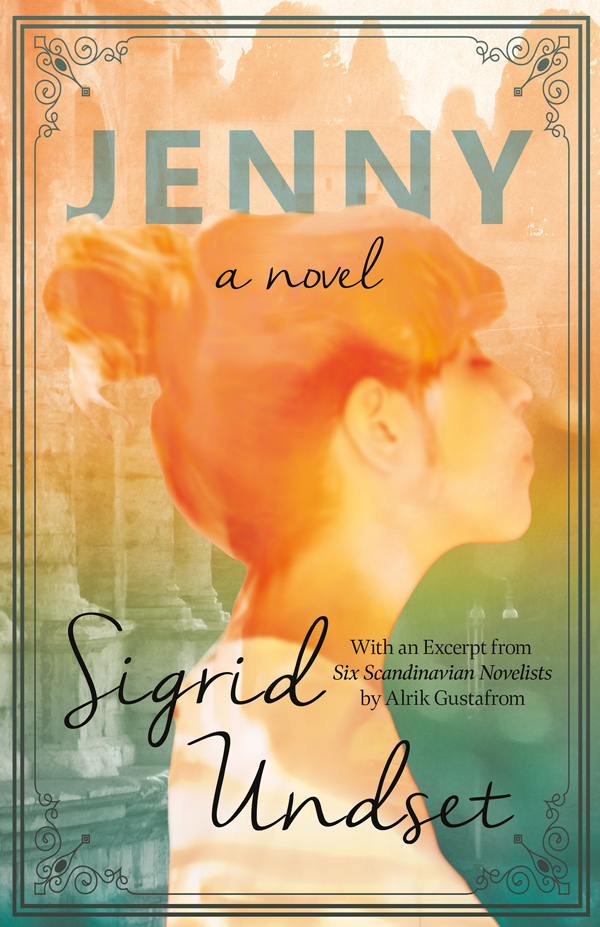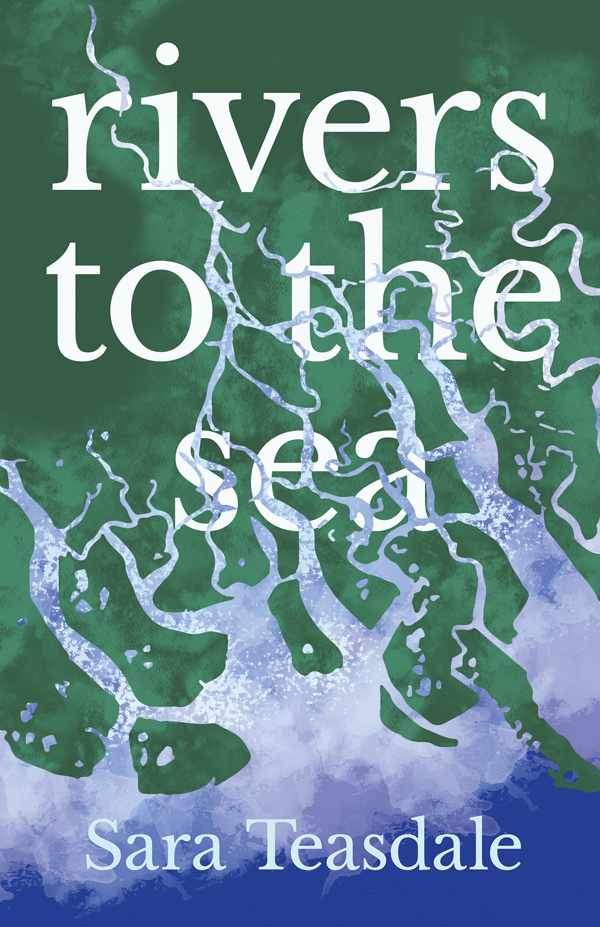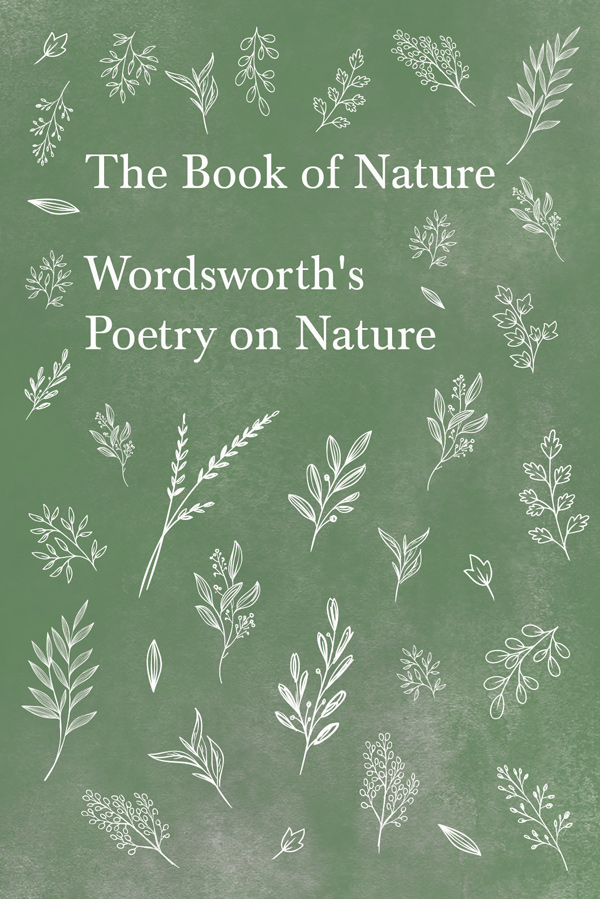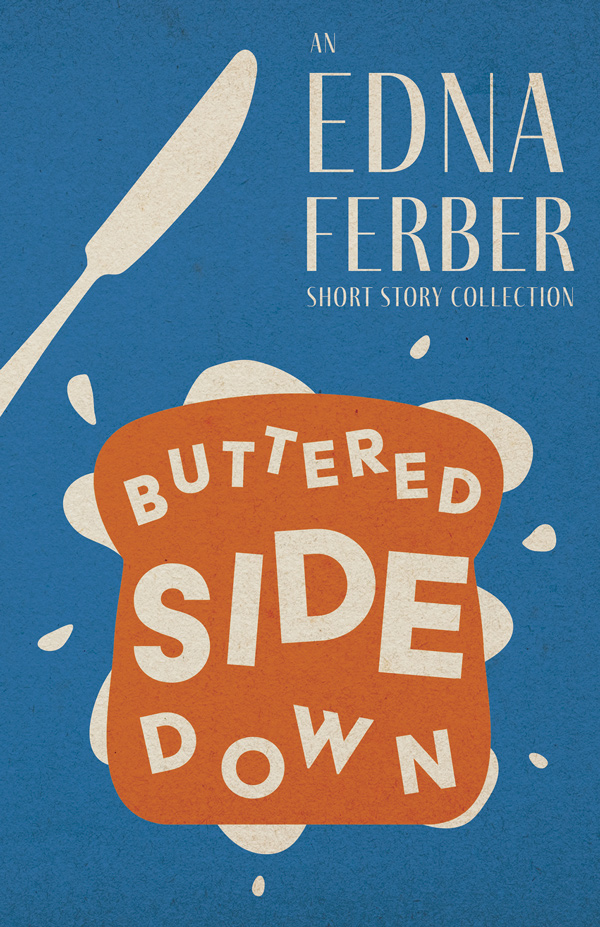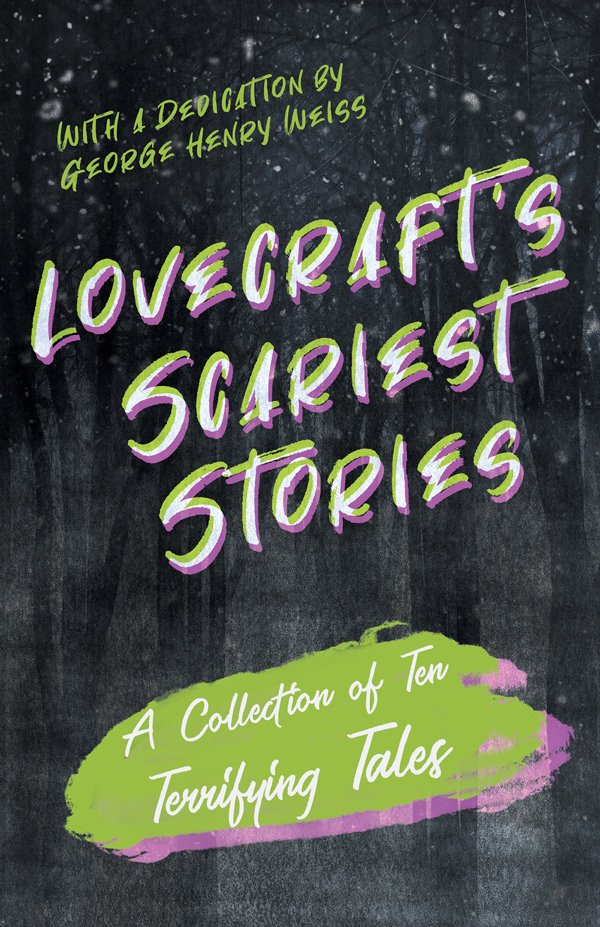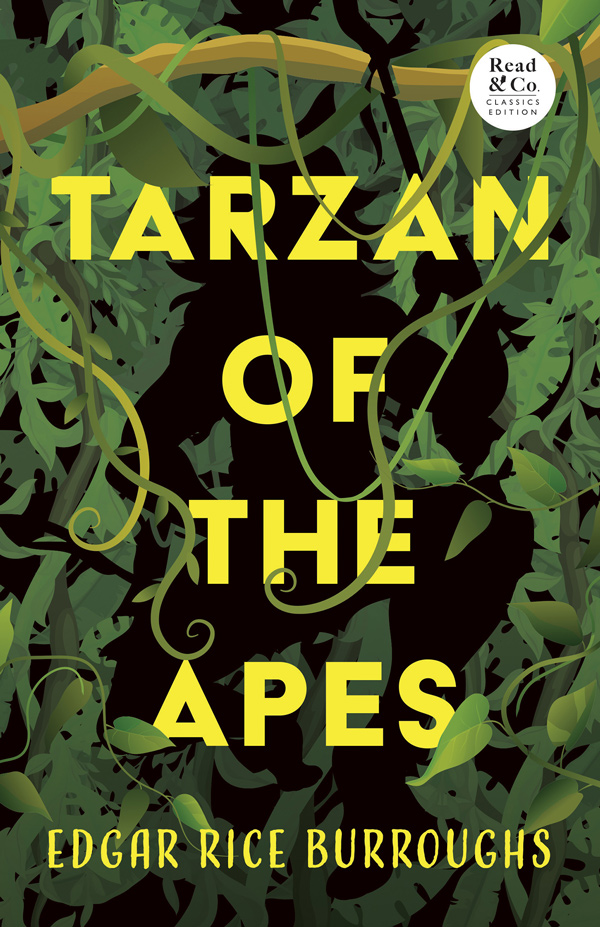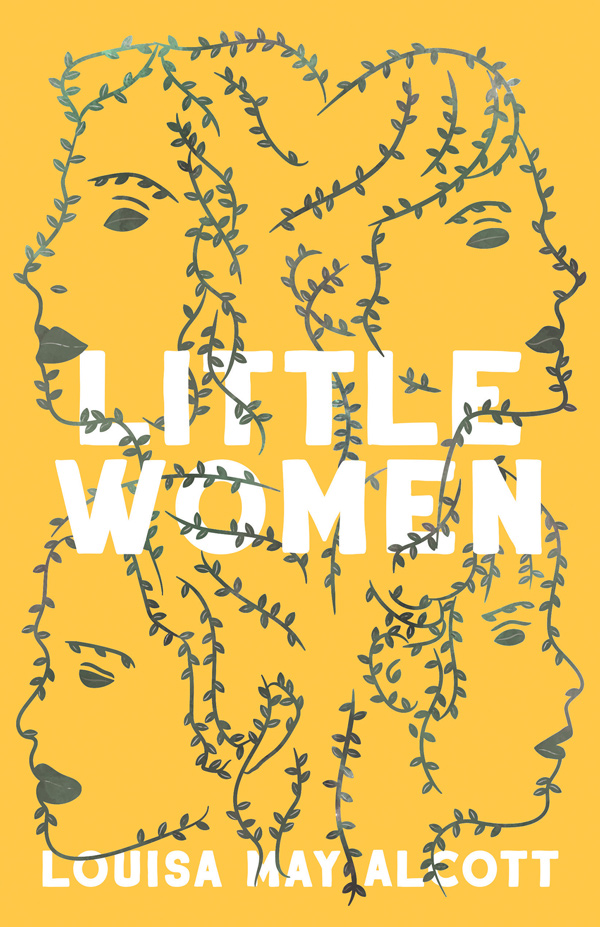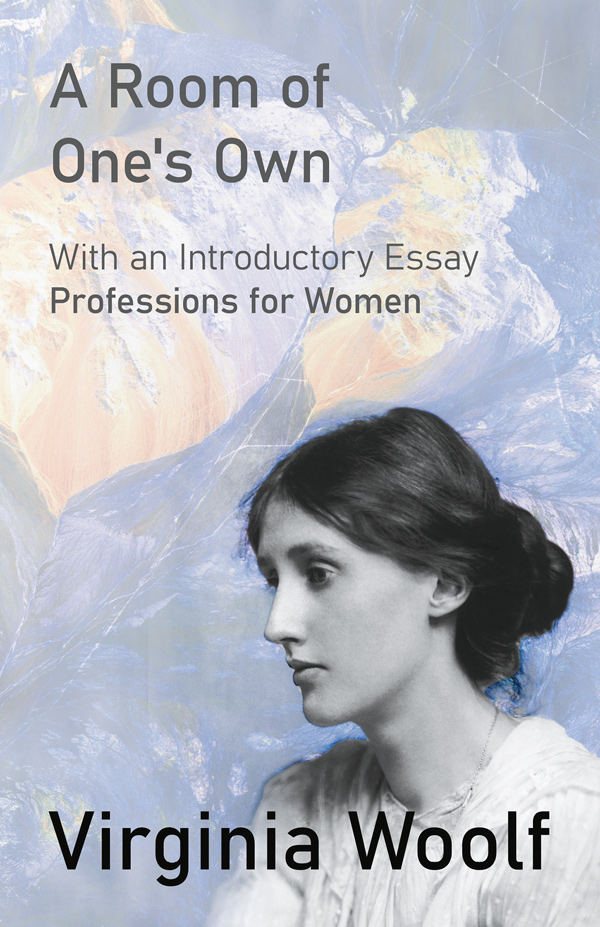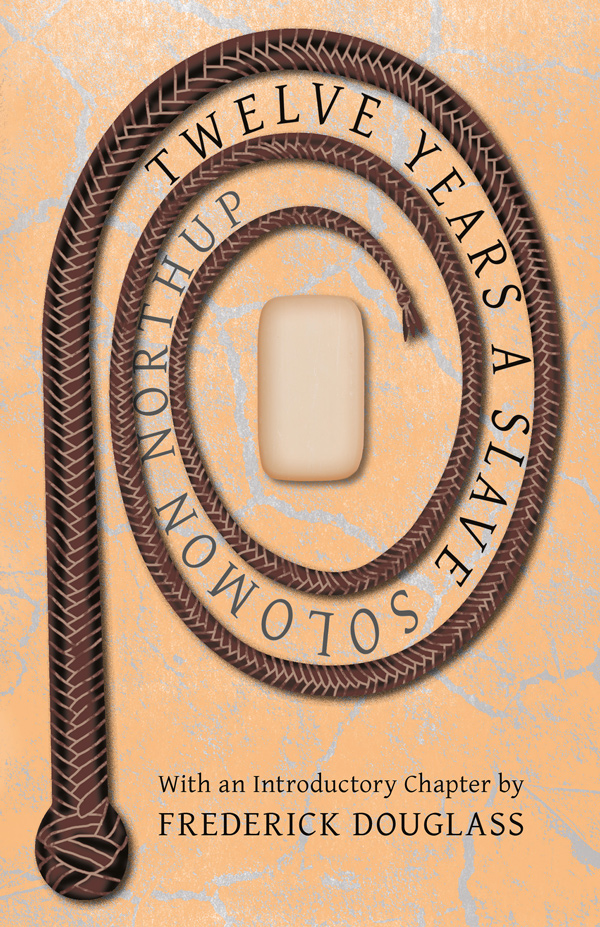Nine helpful tips to get you started with reading classic books.
Do you feel pressured to broaden your knowledge of classic literature, but you’re daunted by the prospect of reading such classic works? We firmly believe there’s a classic out there for everyone. This list of tips and tricks will help you find the perfect place to start with classic books.
“Somebody who only reads newspapers and at best books of contemporary authors looks to me like an extremely near-sighted person who scorns eyeglasses. He is completely dependent on the prejudices and fashions of his times, since he never gets to see or hear anything else.”
—Albert Einstein
Find the best approach to classic literature for you with the following reading tips.
Start with the Short Classics
If a lack of time is what keeps you from exploring the vast world of classic literature, then short books are the perfect place to begin. It’s not essential to dedicate yourself to all 1,200 pages of War and Peace to be well-read. Some of the most masterful classic books of all time are less than 250 pages. From triumphs of gothic literature to important early feminist works, there are many incredible volumes that you can read in just one sitting.
Why not try:
George Orwell’s classic satirical novel Animal Farm is a sharp-edged portrayal of a group of mistreated animals who start a rebellion.
One of the greatest American novels of the twentieth century, The Great Gatsby is an intricate portrait of the extravagant Jazz Age.
Pick an Easier Read
Children’s books are a fantastic place to start with classic novels. Not only are they written in a more accessible manner with slightly simpler language, but they’re also full of twists and turns that will keep you hooked right to the last line. They utilise many of the same themes as contemporary children’s literature, and their plots are often less reliant on societal context, making them easier to grasp. You’ll be whisked away on magical adventures, discover wondrous lands, face pirates, and meet mythical creatures.
We’d recommend the all-time classics:
First published in 1908, this coming-of-age story chronicles the journey of Anne as she struggles to settle into her new life on Prince Edward Island.
Told through the eyes of a handsome young foal named Black Beauty, this classic novel is a story of kindness, strength, and an unbreakable spirit.
Start with a Genre You Love
If you already have particular genres that you find yourself going back to time and again, then that’s the perfect place to start with classic books. Choose a classic novel that fits into your favourite genre and that will make the storyline much easier to get into. From romance to crime to horror, all contemporary literature has been influenced in some way by the classics that came before. Whether your go-to reads are romance, sci-fi, crime, or adventure, we assure you there are plenty of classic books in that genre that are perfect for you.
If dark and scary is up your street, explore our essential horror booklist.
Find a Classic with a Great Adaptation
A great way to successfully invest in a classic is if you’re already familiar with the story. We recommend choosing to read a classic book that has an on-screen adaptation you love. Watching the adaptation before you read the book or following along in the volume while you watch can make the plot much easier to understand. Plus, it’s always fun trying to spot the differences between the book and the adaptation.
There are so many incredible TV programmes, films, and plays based on books to choose from, but we’re recommending two of our favourites:
by Henry James
Netflix’s spooky hit series The Haunting of Bly Manor is based on one of the most famous ghost stories of all time, The Turn of the Screw. The scariest of Henry James’ horrors, the short novella is the perfect read for fans of gothic horror, you’ll find it impossible to put the book down.
Armando Iannucci’s 2019 comedy-drama The Personal History of David Copperfield is based on Charles Dickens’ remarkable 1850 novel David Copperfield. The charming adaptation gives a fresh feel to the classic story and breathes life into Dickens’ famously colourful characters.
Other brilliant examples of classics with great adaptations include Little Women, Emma, Pride and Prejudice, and Tarzan.
Pick a Prize-Winner
Another brilliant way to get into the classics is to start by reading books by authors who have won literary prizes. Esteemed awards such as the Pulitzer Prize for Fiction, the Nobel Prize for Literature, and the John Newbery Medal, which have been annually awarded for many decades, are instant stamps of approval. If you’re unsure whether a book will be good or not, it’s hard to argue with a Nobel prize.
Two of our favourite prize-winning novels that would be brilliant to start with are:
Wharton became the first woman to win the Pulitzer Prize for Fiction with The Age of Innocence in 1921 with her novel set in upper-class New York City in the 1870s. Centred around an impending marriage, the arrival of a scandalous relative threatens to disrupt the couple’s happiness.
Undset won the Nobel Prize for Literature in 1928 for her ‘powerful descriptions of Northern life during the Middle Ages’. Jenny chronicles the haunting story of a young, aspiring painter. After moving to Rome to pursue her artistic goals, Jenny’s life quickly starts to unravel.
Find the full lists of prize-winning fiction below:
Begin with Classic Poetry
Poetry collections are a great place to start with classic books because they’re capable of offering beautiful reflections on the world while often providing escapism without the reader needing to invest in a chunky novel. It’s easy to dip in and out of poetry anthologies, and you can read them while on the go. Whether you’re on public transport, in a waiting room, or just filling time, poetry is the perfect accessible starting point for those who want to get into reading classic books. And with volumes like our pocket books, poetry can be small enough to take anywhere with you.
We’d recommend:
Rivers to the Sea is a 1915 collection of poetry by American lyrical poet Sara Teasdale. In 1917, Teasdale became the first person to be awarded the Pulitzer Prize for Poetry. Her third anthology, Rivers to the Sea, was a bestseller and is an intense and perceptive collection of beautiful lyrical pieces.
A common theme of romantic poetry, nature features heavily in the work of William Wordsworth. To him, it represented a sublime living thing that contained all beauty and divine truth. Through the poetry contained within this collection, Wordsworth expresses his view on the natural world and its important relationship with humans.
After some more options? Discover our complete poetry collection here.
Start with Short Stories
If you’re still struggling to find a good place to start with classic books, then we suggest picking a collection of short stories. Short stories are a great way to trial an author, a genre, or a writing style. They remove the threatening page count that often comes with classic books and are often quick to read. Short story collections are instantly rewarding and a great way to ease you into the style of classic literature.
Our top short story collection picks:
by Edna Ferber
A seminal short story collection containing 12 humorous and dark tales from the prominent and witty Jazz Age author Edna Ferber.
This book contains Lovecraft’s most chilling horror short stories, including the prolific and influential ‘The Call of Cthulhu’.
Find a Series You Enjoy and Read Them All
Another effective place to start with classic books is by finding a series that you enjoy and reading all of them. Sometimes reading a whole series one after the other can be seen as a negative, as though you’re in a reading rut or not exploring new things. But if you find a certain topic or writing style that you like, and it’s helping you read more classics, then that’s a great thing.
Book series often delve into complex characters and plotlines because the author has the time to develop their story further across multiple novels. As you progress through a classic book series, your comprehension of classic literature will improve, and your confidence in reading similar books will grow. Once you’ve read a series of books that you particularly enjoyed, you’ll probably find yourself ready to tackle slightly more challenging works of literature.
We’d recommend:
When he’s just a baby, Tarzan is abandoned in the depths of the African jungle. The small orphan boy is soon discovered and rescued by a caring female ape, who raises him as her own. But when a group of marooned humans come across the ape man, he finally discovers his true identity.
Join sisters Meg, Jo, Beth and Amy as they find their feet in this charming coming-of-age story. Louisa May Alcott’s beloved children’s classic, Little Women, has captured the hearts of many since its original publication in 1868.
Followed by Little Men and Jo’s Boys, this wonderful series will have you engrossed from start to finish.
Get Inspired with Non-fiction
Non-fiction can be a brilliant place to start with classic books. Unlike a fictional narrative, where it’s important to invest time in the story and plot line, non-fiction is easy to dip in and out of. As well as a source of entertainment and a great way to explore classic literature, non-fiction will enhance your understanding of the world. There are many varieties of non-fiction books, and you’re sure to find a title that appeals to you.
Two of the most important and esteemed non-fiction classics are:
Originally published in 1929, A Room of One’s Own is a feminist essay by Virginia Woolf. Using metaphors to examine social injustice related to women and their lack of free expression, Woolf demonstrates her wit and fierce independence in this powerful volume.
Solomon Northup was an American abolitionist born to a freed slave. He was drugged and kidnapped by slavers in Washington D.C., and sold to a painter in New Orleans. He remained in bondage for 12 years. This is the story of his harrowing experience.

